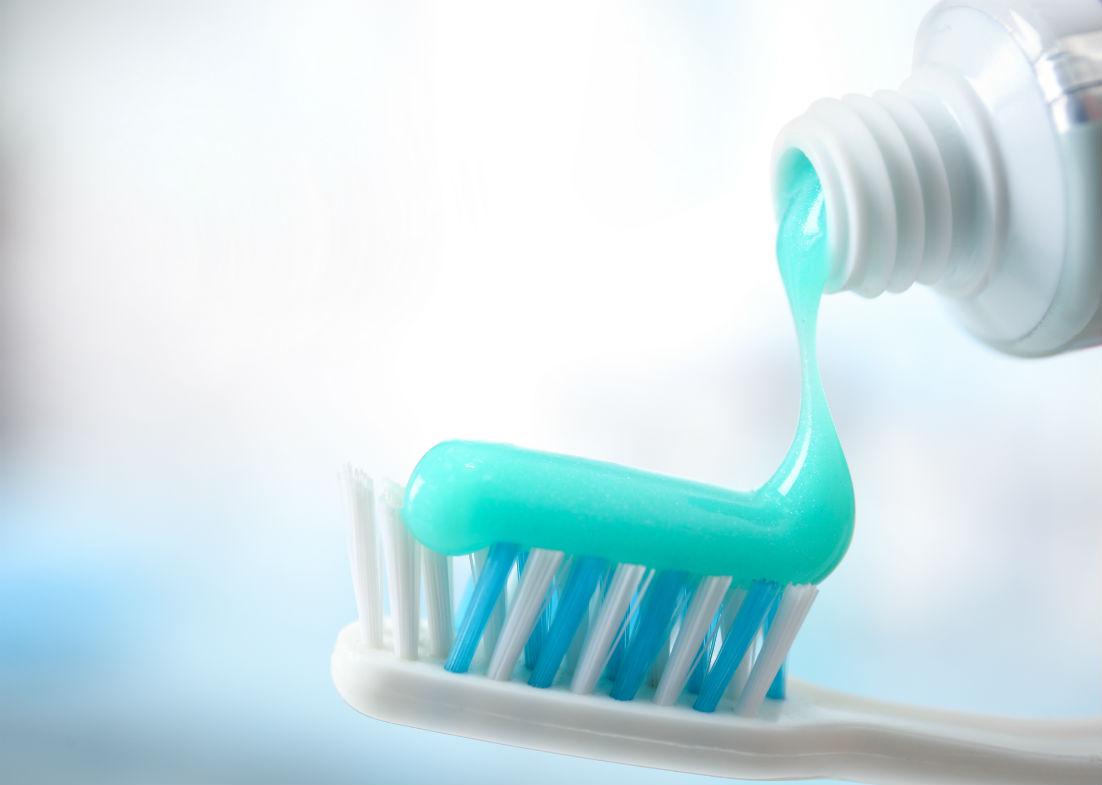Fluoride Treatment

Fluoride is an essential mineral that plays a crucial role in preventing tooth decay, a fact backed by extensive research and endorsed by numerous health and professional organizations for over 50 years. Naturally occurring in almost all foods and water supplies, fluoride offers two distinct benefits that contribute to dental health.
Firstly, topical fluoride reinforces your teeth’s outer layers, making them more resistant to decay after they have erupted. This can be achieved through the use of fluoride-rich dental products like toothpaste, mouth rinses, and gels. Additionally, dental professionals often recommend professional fluoride treatments twice a year during regular check-ups, especially for children, to ensure their teeth are well protected.
Secondly, systemic fluoride fortifies both erupted teeth and those still developing under the gums. It is obtained from foods, water supplies, and can also be consumed as supplements in the form of drops or gels, which can be prescribed by your dentist or physician. Fluoride supplements are particularly beneficial for infants and children through their teenage years. However, it is crucial to monitor fluoride intake to avoid fluorosis, which causes white spots on the teeth due to excess fluoride consumption during tooth development.
While most individuals receive adequate fluoride from food and water, there are circumstances where additional fluoride treatments may be required. These include:
- Deep grooves on the chewing surfaces of teeth.
- Exposed and sensitive root surfaces.
- Poor oral hygiene practices.
- High consumption of sugary or carbohydrate-rich foods.
- Insufficient exposure to fluoride.
- Reduced saliva flow due to health issues, treatments, or medications.
- A recent history of dental decay.
However, remember that fluoride is just part of a comprehensive dental care routine. For optimal dental health, it is vital to brush twice daily, floss regularly, maintain a balanced diet, reduce sugary snacks, and schedule regular dental visits. Together, these practices will help keep your teeth strong and healthy.


